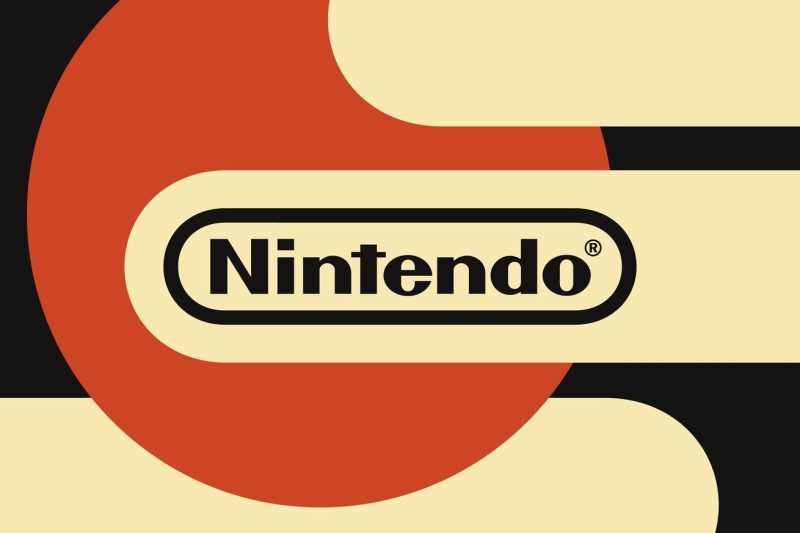The recent lawsuit filed by Nintendo against the developers of the Switch emulator Yuzu has brought to light the controversial issue of piracy in the gaming industry. Nintendo alleges that the Yuzu emulator enables users to play unauthorized copies of Nintendo’s games on their computers, thus facilitating piracy on a massive scale. This legal battle between the gaming giant and the emulator creators has raised important questions about the boundaries of emulation, copyright infringement, and the impact of piracy on the gaming ecosystem.
Emulation has been a topic of debate within the gaming community for many years. Emulators are software programs that mimic the behavior of a specific gaming console, allowing users to play games designed for that console on a different device, such as a computer or mobile phone. While emulation can serve as a valuable tool for preserving and accessing older games that may no longer be available on their original hardware, it can also be used for illegal purposes, such as playing pirated copies of modern games.
Nintendo’s lawsuit claims that the Yuzu emulator goes beyond legitimate uses of emulation and actively promotes the piracy of Switch games. By providing a platform for users to run unauthorized copies of Nintendo’s games, the Yuzu developers are seen as profiting from the infringement of Nintendo’s intellectual property rights. This raises important legal questions about the responsibility of emulator developers in preventing piracy and the measures they should take to ensure that their software is not used for illegal purposes.
The impact of piracy on the gaming industry is a complex issue that has far-reaching consequences for game developers, publishers, and consumers. Piracy deprives game creators of revenue, undermines the incentives for innovation and creativity in the industry, and can lead to job losses and studio closures. It also poses a threat to the overall health of the gaming ecosystem by creating an unfair competitive advantage for those who engage in piracy over legitimate players who support the industry through legal purchases.
While some argue that emulation and piracy are inevitable consequences of technological progress and should be tolerated as part of the gaming culture, others contend that stricter enforcement of intellectual property rights is necessary to protect the interests of game developers and publishers. Balancing the interests of content creators and consumers in the digital age is a challenging task that requires a nuanced approach that acknowledges the legitimate uses of emulation while deterring piracy and copyright infringement.
In conclusion, the lawsuit filed by Nintendo against the Yuzu emulator shines a spotlight on the complex issues surrounding emulation, piracy, and copyright infringement in the gaming industry. As the case unfolds, it will be important to consider the implications of this legal battle for the future of emulation, the boundaries of intellectual property rights in the digital age, and the responsibilities of emulator developers in preventing piracy. Ultimately, finding a balance between innovation, creativity, and legal compliance will be crucial in shaping the future of gaming and ensuring a fair and sustainable ecosystem for all stakeholders involved.

